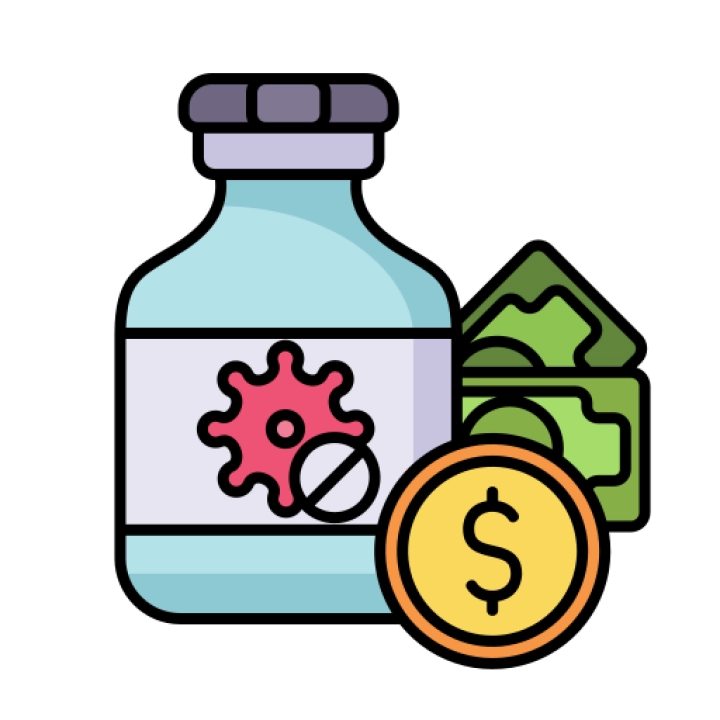Faculty: Graduate School of Health Sciences
This specialization focuses on the economic evaluation of pharmaceutical products and the study of drug use and its impacts on large populations. Students develop skills in health economics, pharmaceutical policy, epidemiological methods, and data analysis, preparing them for careers in the pharmaceutical industry, healthcare policy, research, and regulatory bodies.
Learning Objectives:
- Understand the fundamentals of pharmaceutical economics and pharmacoepidemiology.
- Develop skills in conducting economic evaluations of pharmaceutical products.
- Learn techniques for studying drug use, safety, and effectiveness.
- Explore principles of health economics, pharmaceutical policy, and epidemiological methods.
- Analyze and interpret pharmaceutical economic and epidemiological data.
- Develop critical thinking, problem-solving, and analytical skills for effective drug evaluation and policymaking.
Main Outline:
- Introduction to Pharmaceutical Economics and Pharmacoepidemiology - Overview of key concepts and practices.
- Drug Economics - Principles of pharmaceutical economics and cost-effectiveness analysis.
- Drug Epidemiology - Basics of studying drug use, safety, and effectiveness.
- Health Economics - Principles of health economics and resource allocation.
- Pharmaceutical Policy - Basics of pharmaceutical policy and regulation.
- Epidemiological Methods - Principles of study design and data analysis in epidemiology.
- Data Analysis in Pharmaceutical Economics and Pharmacoepidemiology - Basics of statistical methods and modeling.
- Practical Training in Pharmaceutical Economics and Pharmacoepidemiology - Hands-on experience through training and projects.
- Capstone Project in Pharmaceutical Economics and Pharmacoepidemiology - Comprehensive project applying skills in economic evaluation or epidemiological research.
Evaluation Methods:
- Studies in pharmaceutical economics, pharmacoepidemiological research projects, health economic analyses, pharmaceutical policy papers, epidemiological methodology reports, data analysis projects, practical training reports, capstone projects, group assignments, and internship evaluations.
Recommended Textbooks:
- "Pharmaceutical Economics: From Theory to Practice" by Michael A. Drummond et al.
- "Pharmacoepidemiology" by Brian L. Strom.
- "Health Economics" by Alan Williams.
- "Pharmaceutical Policy in the United States" by various authors.
- "Epidemiology: Study Design and Data Analysis" by various authors.
- "Data Analysis in Pharmaceutical Economics and Pharmacoepidemiology" by various authors.
Prerequisites:
Basic knowledge of economics, statistics, and healthcare systems. Suitability for students interested in pharmaceutical economics, pharmacoepidemiology, and health economics.
Specialization Duration:
Typically 4 years to obtain a bachelor's degree, including coursework, projects, practical training, and internships.
Certification:
Graduates can earn a degree in pharmaceutical economics and pharmacoepidemiology and pursue higher education or obtain professional certifications in related fields.
Target Audience:
Aspiring pharmaceutical economists, pharmacoepidemiologists, health economists, pharmaceutical policy analysts, and individuals pursuing careers in the pharmaceutical industry, healthcare policy, research, and regulatory bodies. This specialization equips students with the skills necessary to excel in pharmaceutical economics and pharmacoepidemiology, supporting careers in the pharmaceutical industry, healthcare policy, research, and regulatory bodies.

